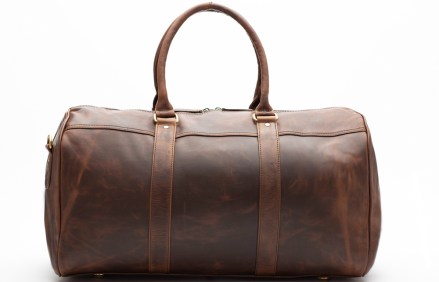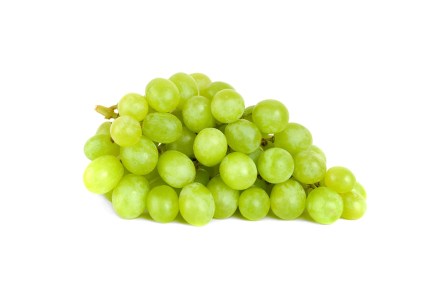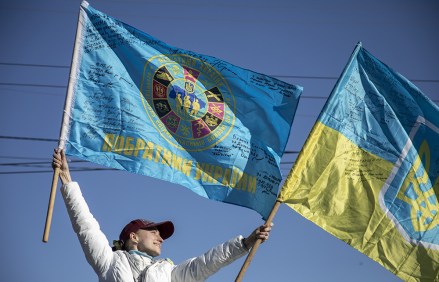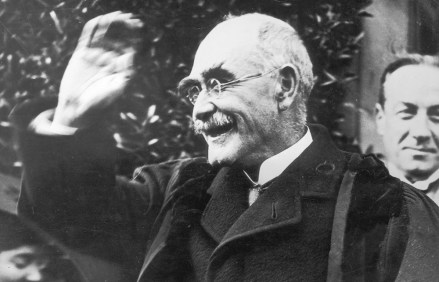Which ‘holdall words’ pack the most meaning?
Listeners to Today last week were fascinated by an item about foreign words with no equivalent in English that must be translated by a whole sentence. If brunch is an example of a portmanteau word, these are, I think, examples of holdall words, packed full of meaning. Merriam-Webster, the dictionary people, had asked for examples





















